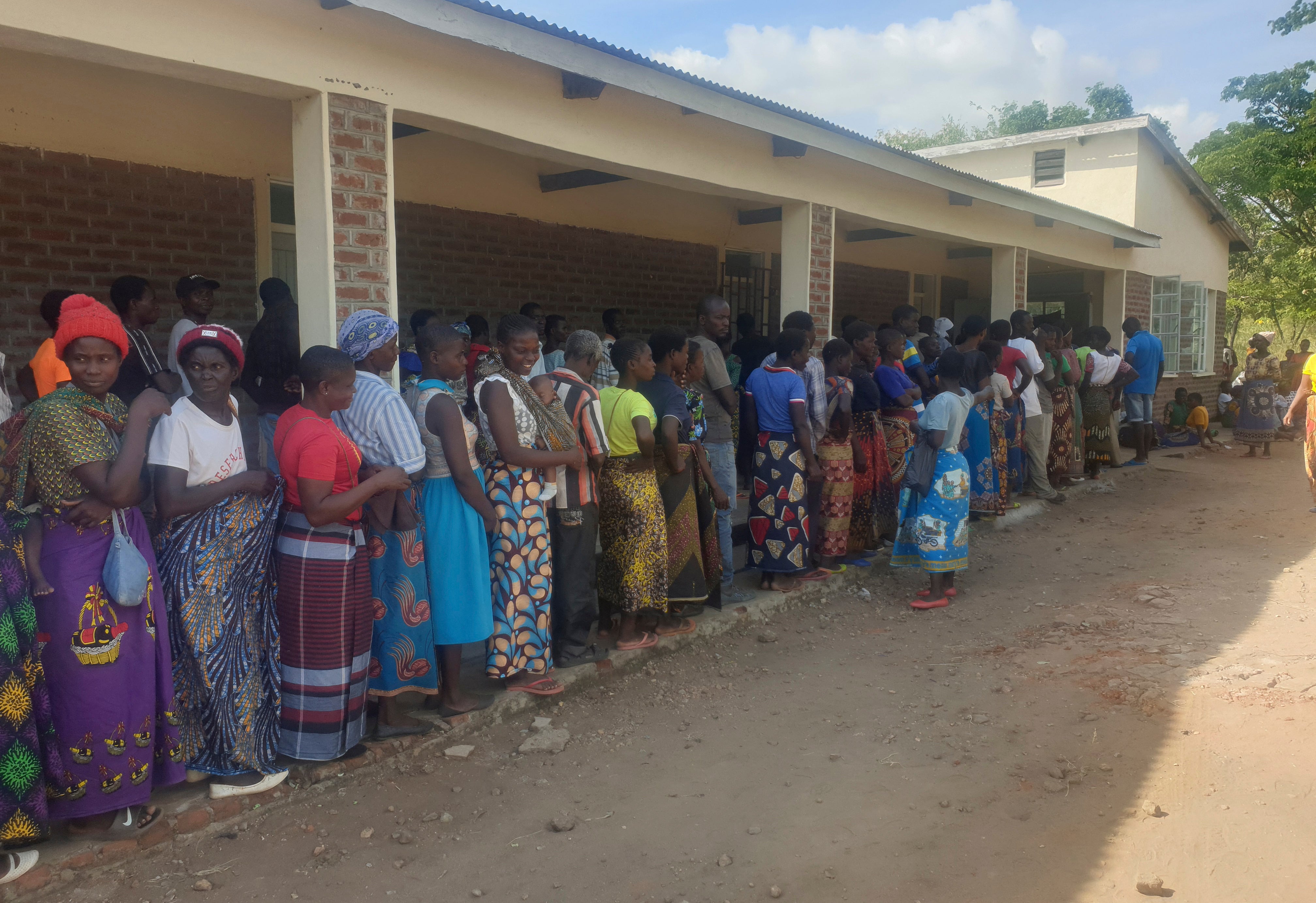Malawi receives an insurance payout of $11.2 million for El Nino-linked drought disaster
The Malawian government has received an insurance payout of $11.2 million for a crippling El-Nino-linked drought that led the southern African nation to declare a state of disaster earlier this year

The Malawian government has received an insurance payout of $11.2 million for a crippling El Nino-linked drought that led the southern African nation to declare a state of disaster earlier this year.
The payout was given to Malawi this month, the African Development Bank said Monday. Malawi had a drought insurance policy through the bank and the African Risk Capacity Group, an agency of the African Union.
The funds will support food assistance to around 235,000 households in some of Malawi's hardest-hit regions and also help with direct relief payments to more than 100,000 households, the African Development Bank said. Malawian President Lazarus Chakwera said the payout was “a lifeline for our vulnerable populations.”
Malawi, which is already one of the world's poorest countries, has had its food supply ruined by the drought, which has been attributed to the El Nino natural weather phenomenon that lasted a year before ending in June. The country declared a state of emergency in March and said there was a food crisis in 23 of its 28 districts.
Crops have failed across the region after El Nino brought below-average rainfall between November and April. Tens of millions of people rely on small-scale agriculture to feed themselves and make a living across southern Africa.
Southern African bloc SADC said at a heads of state summit in Zimbabwe this weekend that around 17% of the region’s population — approximately 68 million people — are in need of help because of drought. The U.S. Agency for International Development said the first three months of this year brought the most severe drought in southern Africa in more than 100 years.
Zambia and Zimbabwe also declared states of disaster and have asked for international help, and Mozambique, Zambia and Zimbabwe were expected to receive drought insurance payouts by September, the African Development Bank said.
They likely won't be enough, though. Zimbabwe will receive $31.8 million, the bank said. In May, its government asked for $430 million in humanitarian assistance.
___
AP Africa news: https://apnews.com/hub/africa